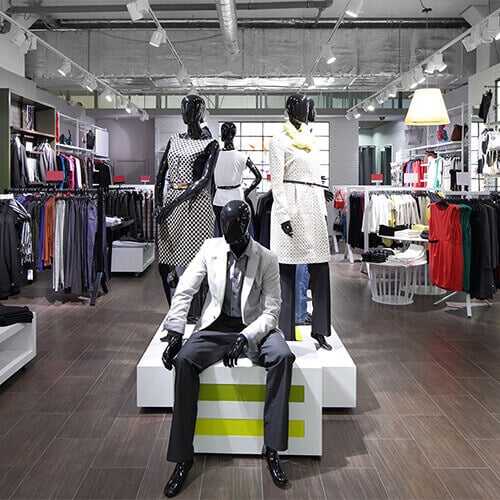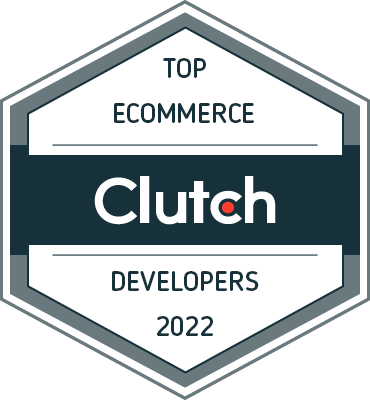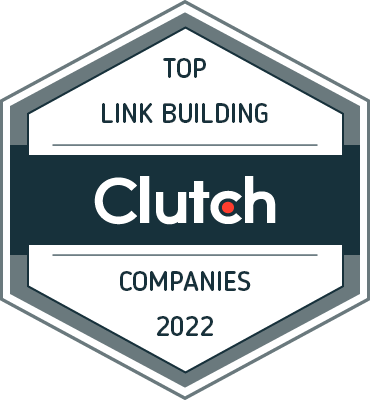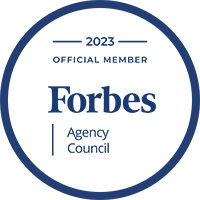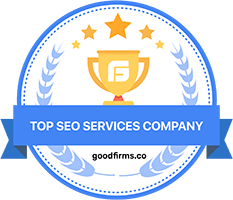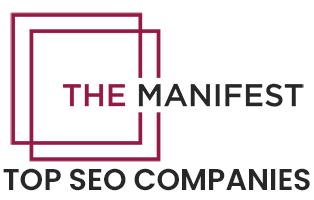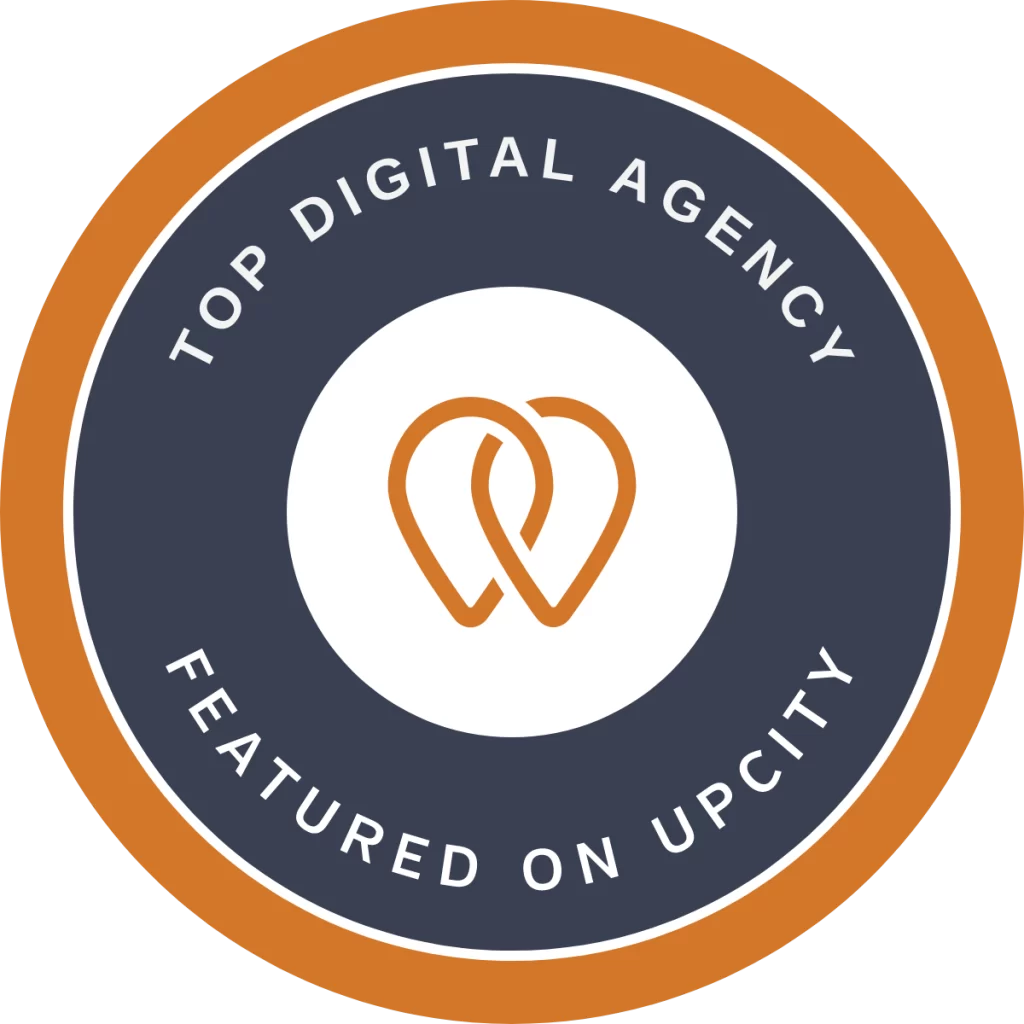Managing Retail Store Paid Ads Management
PPC management for retail stores refers to creating and optimizing paid advertising campaigns. Despite that simple explanation, let’s explore it further.
To provide expert PPC management, a paid ads agency for retail stores should get to know you and your goals. Since the way you approach PPC advertising for a local retail company is much different than how you would for a nationwide retail store ecommerce brand, this information helps determine the next steps.
For example, local retail companies are often only interested in contact form submissions or phone calls. This can be accomplished through paid ads that generates traffic to an optimized landing page or sales funnel. We recommend Google Local Service Ads or Facebook Lead Forms if those pages/funnels don’t yet exist or need to be substantially improved.
Alternatively, ecommerce-minded retail companies tend to be interested in online sales. Using paid advertising, you can grow traffic to a page optimized for products or categories. Google Shopping Campaigns might even make sense to include for some online businesses. We’ve even utilized sales funnels to help sell products, subscriptions, and services.
The next step in retail store PPC management is understanding the metrics that will be used to optimize and scale. For some retail companies, that means looking to platforms like Google Analytics. However, there are other options out there too, like Wicked Reports, Triple Whale, or Northbeam.
To be successful with paid ads, your retail company needs to use multiple strategies and marketing tools. Some of the best PPC advertising packages for retail companies include tactics to:
- Drive traffic to your digital assets (websites, sales funnels, etc) from search engines, social channels, and third-party websites.
- Increase conversions for your retail company through qualified leads or online sales.
- Utilize third-party attribution software to better understand ad attribution.
- Present social proof through case studies, white papers, and video testimonials.
- Engage users in story creation, email collection, and user generated content.
- Place ad creatives across various ad placements and media formats to see which performs best.
A Few of Our Experts
Types of Paid Ads for Retail Companies
The options for running paid advertising for your retail company are numerous. The following are some of the most common paid advertisements options for retail stores.
1.) Local Business Ads
Local ads for your retail company can be run through nearly any advertising platform. Depending on the nature of your local retail company, you may find better success in one platform versus another. It is important to try out every available option to see which works best for your needs. Here are a few options for nearby advertising.
From Google, you’ll have two options.
As a first step, you can run traditional Google Adwords, possibly using their newer Performance Max campaign type. With this ad campaign type, the Google algorithm can find the best combination of headlines, images, videos, and service locations to bring you customers. We often use Performance Max campaigns for professional services companies, such as accountants, lawyers, dentists, and physicians.
The second option from Google, if you are in a qualifying business industry, is to check out their Local Service Ads. As a pay-per-lead platform, Google Local Service Ads charges a flat fee per lead. Home service contractors, such as plumbers, electricians, roofers, and heating installers, frequently use Google Local Service Ads.
You can also target people in your local area using Facebook Ads. The first step is to set up a campaign with ad sets restricted to certain geographic areas. We often rely on local Facebook Ads for all types of retail companies.
2.) Social Media Ads
A social media ad is pretty much any online advertisement you see on a social networking site.
Maintaining fresh ad creatives is key to social media marketing. The performance of your campaign will gradually decline if you do not rotate your ad creatives every couple of weeks. It might be necessary to look at weekly ad creative updates for campaigns with higher spending.
The best part of social media ads is you can target audiences that have never thought of your product or service, or perhaps just aren’t thinking about it now. When running search engine ads, that is quite the opposite since your ads are only going to show when someone is actively looking for what your retail company offers.
It can also be a curse, as conversion rates often drop when people aren’t closer to making an immediate purchase.
3.) Search Engine Advertising
You’ll want to invest in search ads if you know people are looking online for the products you offer.
Some people refer to this as retail store Search Engine Marketing, or SEM. This is just a different way of explaining search ads, which are advertisements placed on the search results page of a search engine above the SEO placements.
If you’ve been running search advertising on Google for a while and have been successful at it, we suggest considering copying the campaigns over to the Bing Ads platform. As of an October 2022 study from StatCounter, about 3.57% of online users rely on Bing for their primary search engine.
4.) Display Ads
You’ll find display ads on all kinds of message boards, chat rooms, game lounges, news websites (sometimes even local area news stations), gossip websites, and more.
These are commonly used within the Google Ads and Bing Ads platforms.
To get started with display ads, you just need a set of ad creatives in different image sizes. It also helps to have a general idea of your target audience, but both ad platforms have their own algorithms that help you produce results from your ad spend.
5.) Retargeting Ads
Not everyone is going to convert during their first experience with your retail company website, landing page, or sales funnel.
It is almost always recommended to set up retargeting ads to help bring people back to your website after they’ve had time to think through different options.
You can run retargeting ads on any ad platform, too.
6.) Shopping Ads
This type of search ad was popularized by Google Shopping Campaigns.
To get started with Google Shopping, you just need an ecommerce website, a product feed (CSV or TXT), a Google Merchant Center account, and a Google Ads account for your retail company.
With these tools in place, you’ll be able to provide Google Ads an updated list of all your accurate product data, including the title, SKU, image, price, and availability. From there, they will be able to find the right types of search queries to display your products at the top of the search results page.
7.) Video Ads
You can run video ads on Instagram, Facebook, YouTube, and other social networking websites.
If you are interested in running YouTube Ads, you’ll just need to set up a video ads campaign in Google Ads.
To run video ads in Facebook or Instagram, you’ll need a working Facebook Ads account.
Both ad platforms offer excellent conversion opportunities with video ads. We frequently use video ads to showcase product launches, custom services, personal introductions, and more!
If you have the budget to support ad creatives in video format, look to implement them into your paid ads campaigns.
Tips for Managing PPC for Retail Stores
With in-depth knowledge of the latest paid ads trends for retail companies and other industries, we are a team of paid advertising specialists.
Here are some of our best tips to follow for keyword research, audience research, landing page / sales funnel optimization, conversion rate optimization, and ad creation.
1.) Keyword Research Tips
In the context of paid advertising, keyword research for retail stores largely relates to Google Ads and Bing Ads search campaigns. After all, search ads only show up based on what your retail company targets on Google or Bing.
For example, a person looking for a retail company nearby might search “local retail store” on a search engine. Targeting that exact phrase wouldn’t require in-depth keyword research.
What if, however, that exact match keyword wasn’t producing enough search volume and the retail company wanted to increase their traffic and conversions? To solve the problem, keyword research would be required.
Typically, the PPC advertising manager will discuss with the retail company about what types of products / services to target more often. It might also require some broadening of the keyword targeting.
For instance, the paid ads manager might discover high search volume for “nearby retail companies” or even “retail store services.” The first phrase is targeting a type of business or organization in the area. In the second phrase, a service is being targeted, which might result in a more lucrative conversion opportunity.
When building negative keyword lists, keyword research can also be beneficial. You can use negative keywords to prevent your paid ads from showing in search queries that you know won’t convert to more customers.
For example, someone searching for “free services from retail companies” or “how to advertise to retail stores” isn’t likely to convert with your retail company. However, they might see your PPC advertising if you are using broad keyword targeting without any negative keywords like “free” or “advertise“.
Even if your keyword research needs are obvious when you start building out your campaign, they become more complex as you scale your ads and reduce wasted ad spend.
2.) Audience Research Tips
Audience research is often mentioned as part of scaling social media ads on Facebook and Instagram for retail store paid ads campaigns. Google Ads and Bing Ads also offer audience targeting options.
Let’s go over a little history on audience research and targeting within the Facebook Ads platform.
In years past, retail store-focused paid advertising managers relied heavily on building out their own custom audiences within Facebook. As a matter of fact, one of the most appealing features of Facebook Ads was its ability to collect data on users, which advertisers flocked to take advantage of.
A number of factors, including data privacy and machine learning, have had an impact on custom audiences over time.
In the iOS 14.5 update, Apple included a pop-up message that allowed users to opt out of tracking for personalized ads. As a result, Facebook had difficulty tracking mobile device behavior. In fact, it even affected the accuracy of ad attribution reporting.
Then came improvements to their machine learning algorithms, which greatly diminished the need for custom audiences and lookalike audiences for most ad agencies for retail stores. Their algorithm has become so good at understanding your ideal audience that you typically do more harm than good by choosing your own interest-based targeting.
While there will still be plenty of retail company paid advertising firms relying on custom audiences, the trend is moving toward broad targeting. You can see it in every update within Facebook Ads Manager as they slowly remove interest-based targeting options, or push for “Advantage Detailed Targeting.”
This blog article from Social Media Examiner does a good job of talking about recent changes to audience targeting, if you’d like a second opinion.
This isn’t to say audience research and targeting is going away. There will always be targeting options that can be manipulated within retail store ad campaigns to squeeze a little extra performance.
3.) Landing Page Optimization Tips
The quality of your landing page will be a big factor in the success of your retail company PPC advertising campaigns.
When we take on the management of a paid advertising campaign for retail stores, we start by looking over the landing pages to see if they follow best practices. Here are some of the factors we look for in this review:
- Is there a benefit-focused headline?
- Are there any images above the fold?
- Is the content written in a compelling manner?
- Am I able to find a lead form right away?
- Are the call to actions easily noticeable?
- Does the page load quickly?
- Is there social proof?
- Am I able to load the page on a mobile device?
There are so many factors that come into the design and development of a quality landing page. Here is a great blog article about what makes a results-driven landing page.
Please, don’t spend money on paid ads until you have a landing page that follows best practices! Ideally, you should never consider your landing page to be finished. Try running A/B testing every few months to continue refining your sales pitch.
4.) Sales Funnel Tips
As an alternative to a landing page, you might want to consider building out one or more sales funnels. We rely heavily on sales funnels for lead generation, email audience building, and even online purchases.
For example, we have a client that promotes an online fitness challenge that you could even join from your local area. While managing their online advertising we built multiple sales funnels within Click Funnels. Here are some of the funnels we made:
- We used squeeze pages to help capture email addresses while building awareness for the program.
- We used lead magnets to provide people with healthy eating tips, fitness tips, webinars, and sneak peaks in exchange for an email address.
- We used application funnels to push people toward the idea of wanting to apply to participate in exclusive programs.
- We used sales letter funnels to serve as the registration system for the online program.
There are many different types of funnels, so your retail company isn’t limited to only these options. Just keep in mind these can be incredibly helpful for gauging interest in a product or service, building out an email subscriber base, and selling a product or service online.
5.) Conversion Rate Optimization Tips
Having a clear understanding of your conversion rate is critical to making informed advertising decisions. The average conversion rate is between 1-3%, but that varies greatly between industries, products, and services.
Let’s run through a basic scenario to help illustrate the impact of conversion rates.
- You sell a $100 product or service on your website.
- You have a 1% conversion rate, meaning for every 100 people who visit your website you sell 1 product or service.
- You have a $1.00 average cost per click (CPC), meaning for each person who visits your website you spend $1.00.
- To sell 1 product or service, you need 100 clicks from PPC advertising, which would cost you $100. This is known as your cost per acquisition (CPA).
- Your return on ad spend (ROAS) would be 1x, meaning for every dollar spent in paid advertising you get one dollar in return.
For most retail companies, this return on ad spend wouldn’t be acceptable. Sadly, we often see this type of ROAS when jumping into new client accounts.
To improve the situation, you hire a paid ads company to modify your campaign settings, ad creatives, and landing page experience.
Let’s assume those improvements bring your conversion rate up from 1% to 2%. That means for every 100 visits to your website you now sell 2 products. This is twice the return on ad spend! You might be profitable now selling that product or service, if your margins are good.
Understanding your conversion rate, and knowing how to improve it, can be crucial to the management of your PPC advertising.
6.) Ad Creation Tips
This is potentially one of the most important aspects of a Facebook Ads account, but it also applies to Google Display Ads.
When you run Facebook Ads or Instagram Ads for retail stores, you are mostly targeting a cold audience that is more interested in quickly scrolling by advertisements in favor of seeing what their friends and family are up to online.
You should develop an understanding of how to capture someone’s attention in a split second.
To do this, you need to build out attractive ad creatives that make someone stop for a second and say to themselves, “wait a second, what…?“
This doesn’t happen by running the same ad creative over and over and over again. Even if it is a great ad, it will eventually become stale. You should change things up frequently, even if you are just targeting people nearby.
If you don’t change out your ad creatives and test new ideas, you’ll suffer from what is called “ad fatigue.” This is the state in which your target audience has already seen your ad so many times that they instinctively scroll by it without ever interacting with your brand.
Don’t be caught in this situation. You should understand when to pause an ad because it isn’t performing as well as it once did. You should understand when to test new ideas, especially if you are emotionally attached to an ad that you spent a lot of time making.
Hear what our customers are saying
